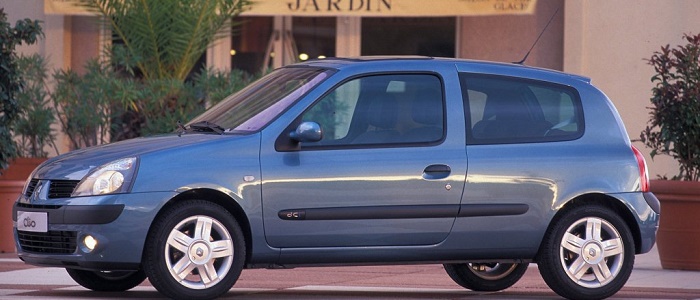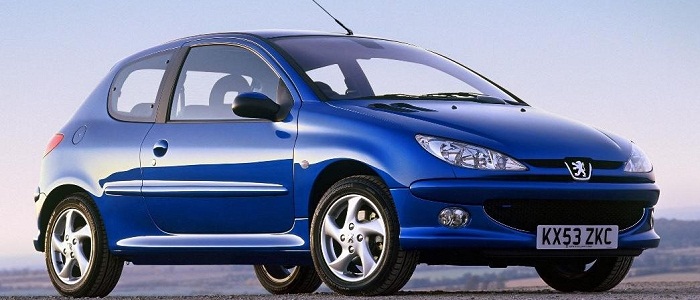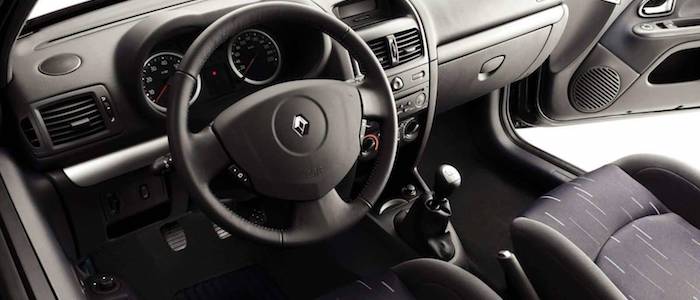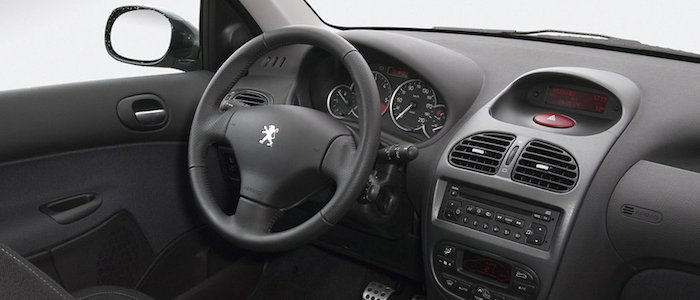Compare two cars
Compare any two cars and get our Virtual Adviser™ opinion
Marketing
Dimensons & Outlines
Engine
3.0 L7X-762
2.0 EW10 J4 S
Performance (manual gearbox)
Performance (automatic gearbox)
Expenses
Virtual Adviser's™ opinion
Two significantly similar cars, no doubt about that. Still, each one has something different to offer. Having both cars powered by petrol engines and utilizing the 3-door hatchback body style within the same 'City car' segment, the only major difference here really is their wheel drive configuration (rear for the Renault and front in the case of the Peugeot). The first one has a Renault-engineered powertrain under the hood, a 6-cylinder, 24-valves 254hp unit, while the other one gets its power and torque from a 4-cylinder, 16-valves 177hp engine designed by Peugeot.
SafetyBoth vehicles got tested by European New Car Assessment Programme (Euro NCAP), with the same number of safety stars gained in the process. That aside, let's consider some other aspects which affect safety. Both vehicles belong to the city car segment, which is generally not a very good thing safety-wise, but it doesn't do much to help us decide between the two. Furthermore, taking kerb weight as an important factor into account, Clio offers a potentially life-saving difference of 30% more metal.
ReliabilityManufacturers have been building their reliability reputation for decades now and, generally speaking, it appears that both brands display similar results in faults and breakdowns, all the models observed together. These are the official statistics, while our visitors describe reliability of Renault with an average rating of 4.1, and models under the Peugeot badge with 4.3 out of 5. Some independent research have also placed Clio as average reliability-wise, and 206 is more or less at the same level.Above it all, drivers of cars with the same engine as Clio rank it on average as 4.0, while the one under the competitor's bonnet gets 4.3 out of 5.
Performance & Fuel economyRenault is undoubtly more agile, reaching 100km/h in 1.6 seconds less than its competitor. In addition to that it accelerates all the way to 245 kilometers per hour, 20km/h more than the other car. When it comes to fuel economy an obvious choice would be 206, averaging around 8.6 liters of fuel per 100 kilometers (33 mpg), in combined cycle. That's 38% difference compared to Clio!
Verdict
Peugeot appears just a bit more reliable, although the difference is truly marginal. The most important thing when deciding between any two vehicles should always be safety, both passive and active. In my opinion, everything taken into account, Clio offers much better overall protection, which launches it ahead of the other contender. It all continues in the same direction, with Renault being considerably quicker, thus putting more smile on driver's face. It does come at a cost though, and that's the fuel consumption... It's really tough to make a final decision here, but if I'd need to, I'd say Peugeot. Anyway, that's the most objective conclusion I could've came up with and it's based solely on the information found on this website. Aspects such as design, practicality, brand value and driving experience are there for you to measure them out. In case you have two minutes to spare I invite you to define your needs, desires and budget and see which car would be chosen by the virtual adviser™, among thousands of similar, yet so different vehicles.































